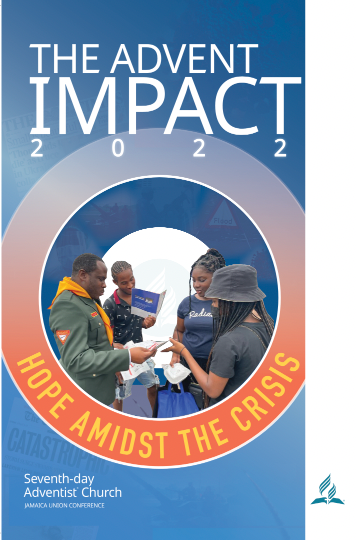Editor’s note: At a Capitol Hill press conference today, U.S. Representative Chris Stewart (R-UT) announced the introduction of a proposed law called Fairness for All. The legislation, which was introduced into the House of Representatives, aims to ensure that the free and open exercise of religion cannot be eroded, regardless of future political trends. Seventh-day Adventist religious liberty advocates were among those who participated in the event to express their support.
Therewas a time, not that long ago, when the idea of religious freedom was seen by almost everyone in society as a good thing, worthy of legal protection. But today this ideal—long revered as a foundational human right and a central value of the American Republic—has become tainted with controversy. In fact, within two decades, religious freedom has gone from being one of the most unifying ideas within America’s public discourse to one of its most polarizing. In opinion pieces nationwide, legal protections for religious freedom are now being called everything from “a sword for discriminating against others” to “outdated and unnecessary” in today’s pluralistic society. And for those who watch religious liberty trends or belong to a religious minority, this seismic shift in public attitudes is both unmistakable and worrying.
It doesn’t take long to locate the frontlines of this increasingly bitter culture war. It’s a dispute that is centered largely on the interplay between religious freedom protections and LGBT civil rights. Increasingly, people of faith who uphold a biblically based, traditional view of marriage and human relationships are cast as intolerant or bigoted.


